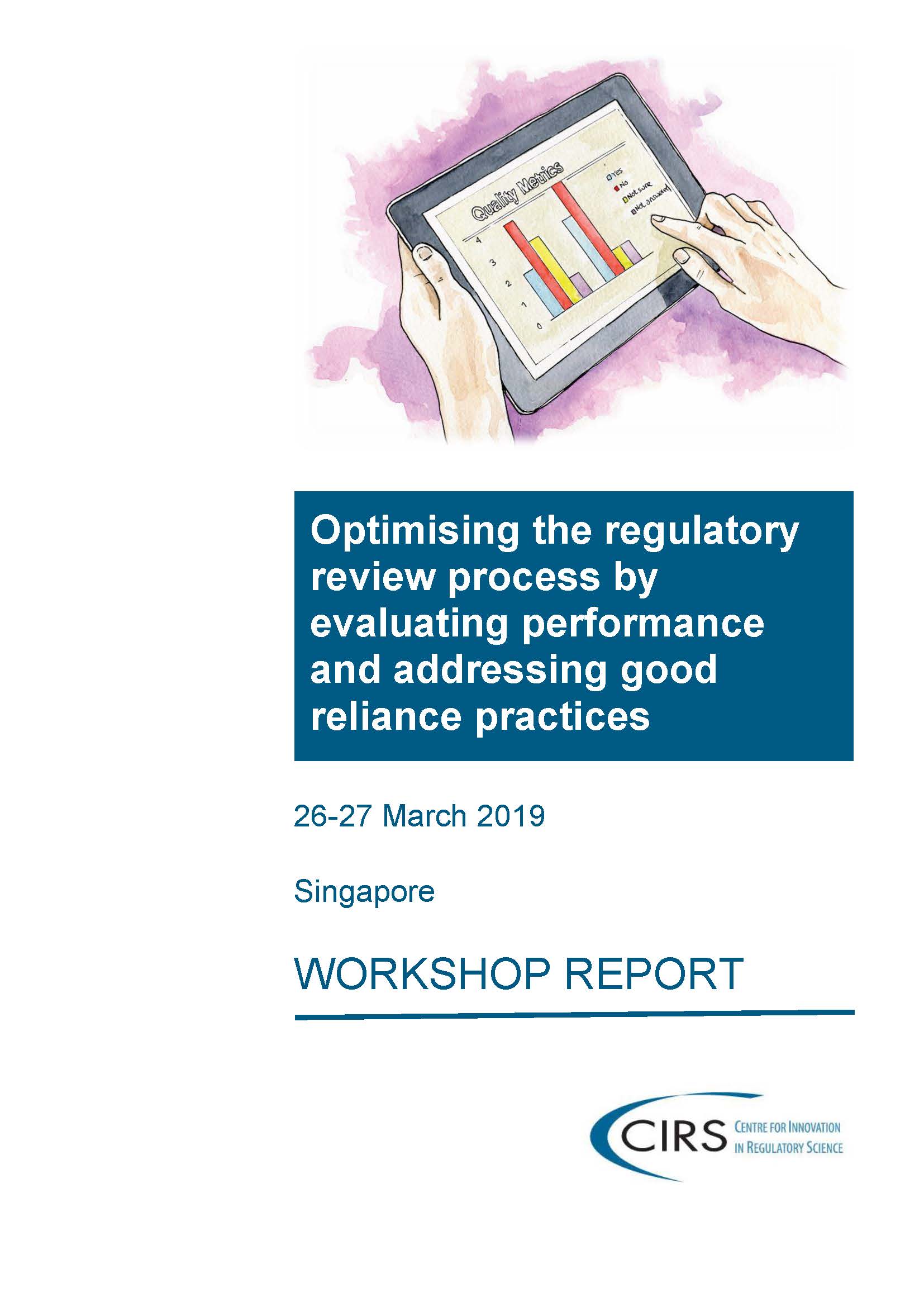This workshop was part of a series of workshops on reliance, which continues to be an important area of focus for CIRS. It builds on the outcomes of a workshop held in South Africa in 2018 entitled Practical implementation of reliance models: what are the barriers and facilitators to the successful application of these models for innovative medicines, generics and variations? and one in Brazil in 2017 entitled Facilitating the review of new medicines through risk-based evaluations: how can a stratification process be utilised to achieve an effective use of resources?
Workshop objectives
- Discuss process and practices that enable agencies to optimise and improve their performance without affecting quality or the standards of the review process.
- Understand how the use of a systematic, structured approach to agencies measuring the various components of their review process can enable agencies to focus their improvement initiatives, set realistic targets and facilitate future strategic planning and decision making within the review process.
- Discuss how the development and introduction of good reliance practices can provide direction and a pathway for agencies to practically embed reliance-based application models within their review process, the benefits of utilising these approaches, and how this can be measured.
- Identify the elements of interagency trust contained within current reliance-based systems and how these enable agencies to practically implement a reliance-based application review model.
- Recommend how embedded quantitative metrics can be used to optimise review performance and what should constitute good reliance practices that will enable agencies to focus on value-added activities and provide timely regulatory decisions on patient availability to good quality medicines that are safe and effective.

